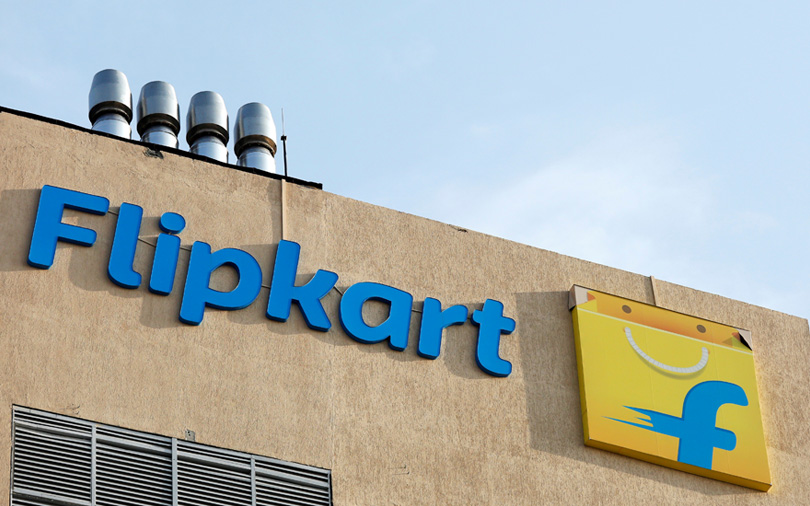
Flipkart acquires speech recognition startup Liv.ai to enable voice shopping


Homegrown e-commerce giant Flipkart on Tuesday announced the acquisition of Liv.ai, an artificial intelligence-based speech recognition startup, as part of efforts to enable voice shopping on its platforms and fend off main rival Amazon.
The value of the deal was not disclosed. The buyout comes three days after US retail giant Walmart said it had completed its acquisition of Flipkart for $16 billion.
Flipkart said in a statement that Liv.ai will become a “Flipkart centre of excellence” for voice solutions, and help accelerate an end-to-end conversational shopping experience for its users. Rival Amazon offers voice shopping through its smart assistant Alexa, which also powers its Echo smart speakers.

The company expects to onboard more than 200 million new users - primarily those conversant in regional languages - with the help of Liv.ai’s technology.
The Liv.ai team will work under Flipkart vice-president Ravish Sinha to further develop voice solutions, integrate them with the Flipkart app and develop use cases for various categories.
"Building a voice interface is complex, and is especially challenging in the Indian context given multiple languages and accents,” said Liv.ai chief executive Subodh Kumar.

Liv.ai, which is backed by early-stage VC firm Astarc Ventures, was founded in 2015 by Subodh Kumar, Sanjeev Kumar and Kishore Mundra.
It is based out of Bengaluru and claims to be the first Indian company to build proprietary speech-to-text application program interfaces (APIs) that enable low-latency speech-to-text conversion in 10 Indian languages. These include Hindi, Bengali, Punjabi, Marathi, Gujarati, Kannada, Tamil, Telugu and Malayalam.
Liv.ai uses enhanced tech architecture and deep learning along with natural language processing to drive its product offerings that include a voice keyboard, a smart assistant in the form of chatbots, customer care automation and speech analytics.

According to filings with the Registrar of Companies, between 2015 and 2016, Liv.ai had raised capital from former Flipkart executive Amod Malviya, Manik Lather of LMR partners and Kotak Securities executive Ravi Nathan Iyer, among others.
The deal comes a year after Flipkart co-founder Sachin Bansal had said the firm was looking to make acquisitions in the AI space. Bansal left Flipkart in May following the e-tailer’s acquisition by Walmart.
In June last year, Flipkart had acquired Silicon Valley startup F7 Labs, which is working on an AI project named Mira.

In December, the company had said that it was building an AIforIndia unit to strengthen its business offerings.
Flipkart anticipates that voice will become a preferred interface for new shoppers, given the complexities in typing on vernacular keyboards.
“The next wave of growth of Internet users is coming from Tier 2+ cities and 70% of these current internet users are native/vernacular language speakers and this proportion is only increasing,” said Flipkart chief executive officer Kalyan Krishnamurthy.

As per a KPMG study, 90% of new users coming online in India are native language speakers and typing and searching in English is complex for them.
The study further said that the Hindi internet user base is likely to outgrow the English user base by 2021.
